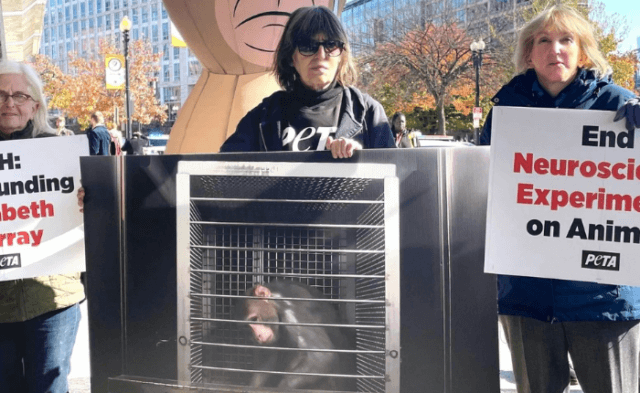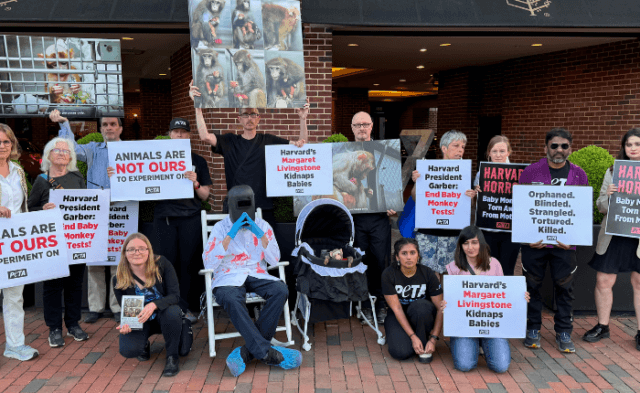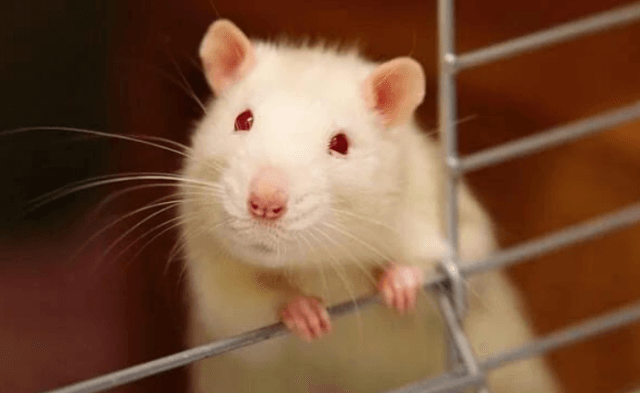People around the world are horrified by reports that dog guardians in North Korea are being forced to hand over their beloved canine companions—very often to be killed for food. This cruel order from Kim Jong-un reportedly comes in the wake of severe food shortages that have left 40% of the country’s population facing malnutrition. It’s also driven by Kim’s view that dog guardianship is “a tainted trend by bourgeois ideology.” Whatever the reason, forcing people to hand over their family members is simply wrong and inexcusable.
Dog guardians in North Korea have little recourse. One source reported that they are “cursing Kim Jong-un behind his back,” but in this authoritarian regime, refusing to comply could be considered an act of defiance against Kim himself. For those of us hearing this news from outside North Korea, it can be hard not to feel anything but helpless. Is there anything we can do (besides doling out extra treats and tummy rubs to our own pups)?
Yes, there is—and we can start with our next meal. Going vegan may not be the most obvious response to this situation, but it makes a significant impact on at least one of the underlying factors driving it: hunger. Feeding crops to animals and then killing and eating those animals uses far more grain and farmland than simply growing crops for humans to eat. While the factors driving North Korea’s food shortages are numerous and complex, eating lower on the food chain is essential if we hope to address global food inequity. A recent report by a group of 30 scientists who study nutrition and food policy concluded that the only way we’ll be able to feed the world’s expected population by 2050 is if we all eat primarily vegan foods. According to one of the study’s authors, we’ll be in “dire straits” if we don’t.
Going vegan is also an empowering way to reject cruelty and killing and save nearly 200 animals’ lives every year. If we’re horrified by what’s happening in North Korea—as we all should be—going vegan is the ethically consistent response. The thought of authorities coming to our homes, snatching away our beloved animal family members and turning them into someone’s lunch is the stuff of nightmares. But if we consume meat, milk or eggs, we’re paying for animal families to be torn apart and for animals who feel pain and fear just as keenly as dogs and cats do to be violently killed.
We may not be able to fly to North Korea and plant ourselves between someone’s dog and the authorities. But we can save gentle mother cows from the pain and heartbreak of having their newborn babies repeatedly torn away from them so that humans can steal their milk. It’s as simple as choosing vegan cheese for our pizza and pouring almond or soy milk on our cereal. The same goes for other animals and other foods—choosing vegan means letting animals keep their babies and their lives.
Finally, let’s never give up hope. Things can—and do—change: In 1998, PETA got Taiwan to pass its first law against cruelty to animals after visiting pounds where dogs were beaten, starved, electrocuted and drowned by being submerged in tanks of water while trapped in cages. Since then, Taiwan has banned the consumption of dog and cat meat. And just last month, following years of pressure from PETA and its international affiliates, it dropped cruel, needless drowning and shock tests on animals for food products.
If Taiwan can change, North Korea can, too—and so can we. We can start showing kindness right now, right here at home, to all animals, by leaving them off our plates.





